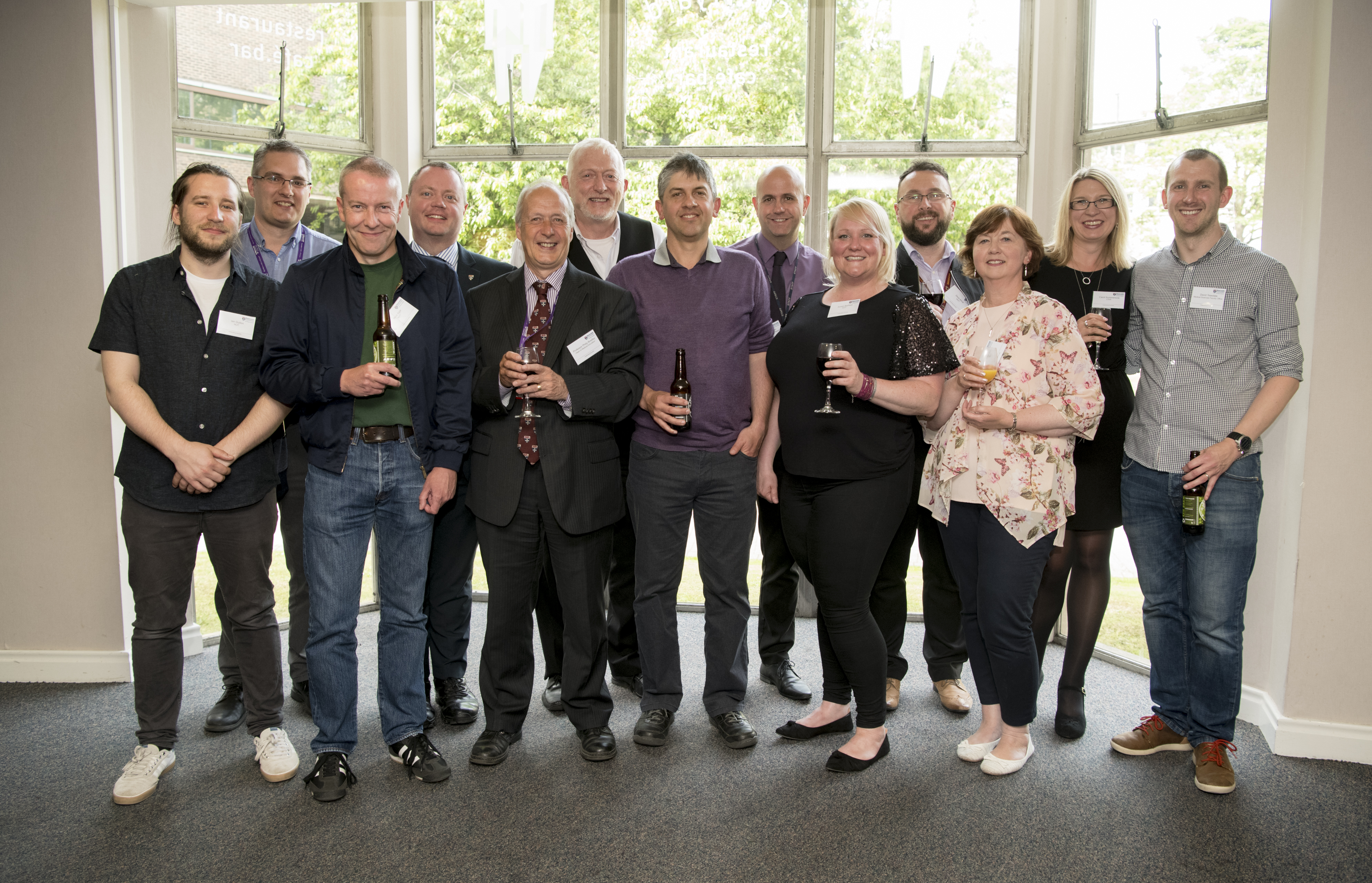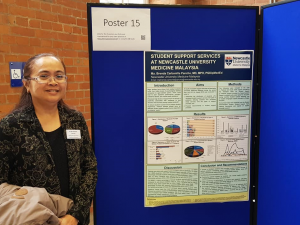Workshop: Staff and Student perspectives of Personal Tutoring – Gemma Taylor – University of Derby
MA dissertation research on personal tutoring with a small case study conducted between Jan and March 18 on a UG Programme. Consider student perspective on if the tutorial scheme was fit for purpose and if this enhances the student experience, and for staff to identify any training of changes. Improvement for EDI, widening participation, retention and support. Tutors are frontline for pastoral support; create sense of belonging with relationship with tutor; influence on student engagement; effect on satisfaction, wellbeing and retention rates; development of self-motivation. Continue reading “UKAT Annual Conference 2018 – Workshop: Staff and Student perspectives of Personal Tutoring”





